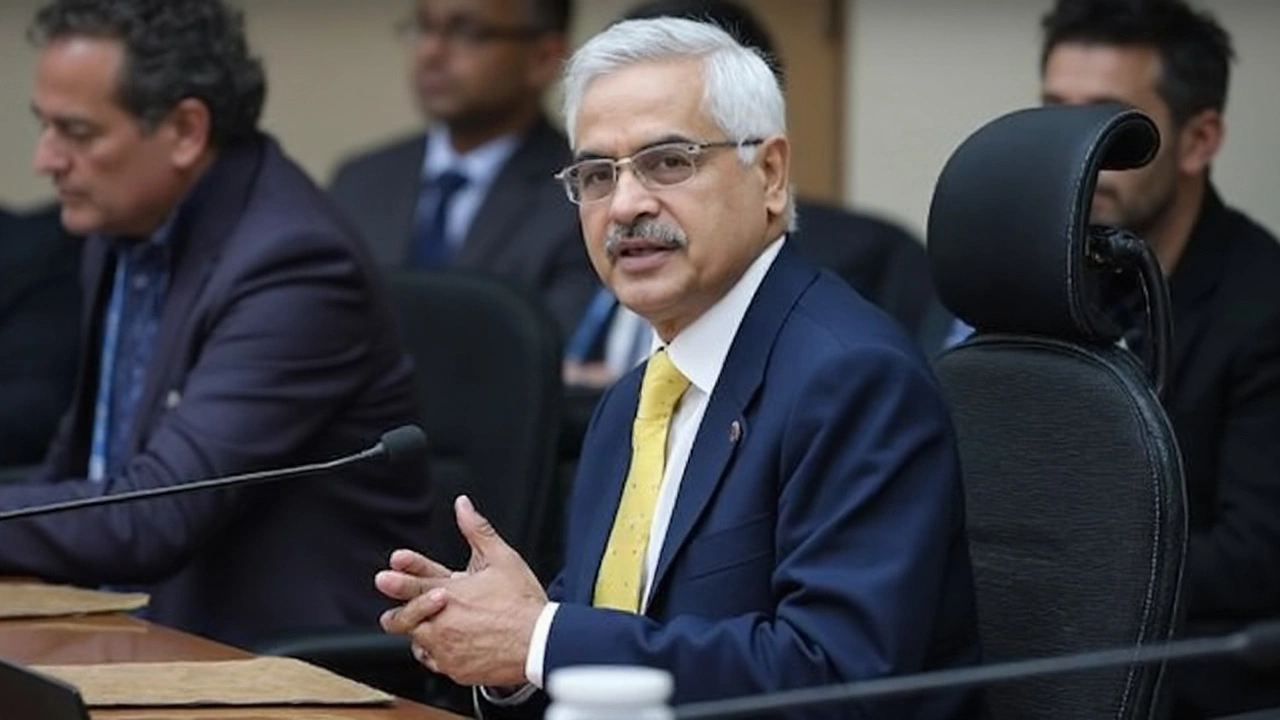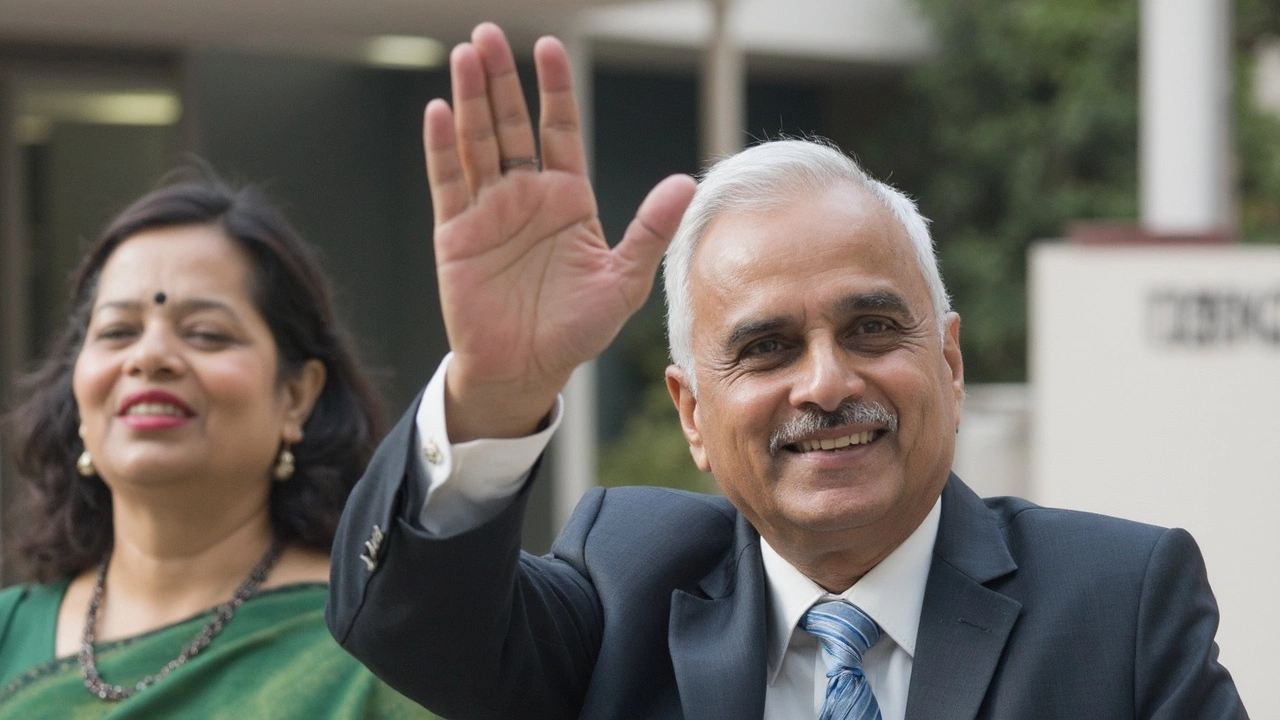What a Principal Secretary Actually Does
Ever wondered who runs the show behind a state minister or a senior politician? That’s the Principal Secretary. Think of them as the chief of staff for a government department, the person who makes sure plans turn into actions.
In plain language, a Principal Secretary is a senior civil servant who heads the administrative side of a ministry. They don’t make political decisions, but they shape how those decisions are executed. If a minister announces a new health program, the Principal Secretary will draft the rollout plan, allocate resources, and keep tabs on progress.
Key Responsibilities in Everyday Language
First up, policy implementation. The government may set big goals—like improving road safety—but it’s the Principal Secretary’s job to break those goals into steps, assign tasks, and monitor results.
Second, they act as a bridge between politicians and the bureaucracy. Ministers think in terms of vision; civil servants think in terms of process. The Principal Secretary translates vision into workable steps and reports back on what’s working and what isn’t.
Third, they manage the department’s budget and staff. From hiring officers to approving expense claims, they keep the money flowing where it’s needed while staying within limits set by the finance ministry.
Why the Position Is Important for You
When you hear about a new scheme—say, a scholarship for students or a flood relief fund—you’re really hearing about work that started at the desk of a Principal Secretary. Their efficiency can mean faster services, less red tape, and better outcomes for citizens.
Because they are career civil servants, Principal Secretaries bring continuity. Politicians may change after an election, but the Principal Secretary stays on, ensuring that long‑term projects don’t fall apart.
In crisis situations, like a sudden heatwave or a monsoon delay, the Principal Secretary coordinates emergency response, liaises with agencies, and ensures that relief reaches affected people quickly.
Overall, the Principal Secretary is the engine that keeps a ministry running smoothly. Understanding this role helps you see why some government actions feel fast and efficient while others stall.So next time you read a headline about a new policy, remember there’s a senior civil servant behind the scenes turning that headline into reality. Their work may not make the news, but it shapes the everyday life of millions.

- Mar, 1 2025
- Comments 0
Former RBI Governor Shaktikanta Das Takes on New Role as Second Principal Secretary to PM Modi

- Feb, 28 2025
- Comments 0